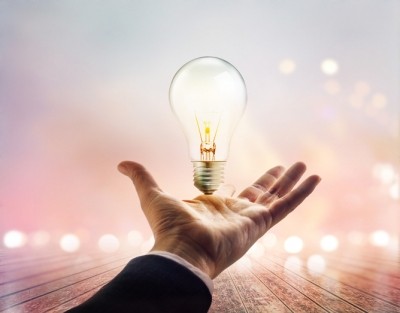BASF venture arm invests in Indian seaweed company

Dutch sustainable aquaculture fund, Aqua Spark, has also renewed its commitment to the company. It first invested in Sea6 Energy in June 2021. The Indian firm has now completed its Series B transaction, with about US$18.5m generated in total. Other existing investors include Tata Capital Innovations Fund.
The actual amounts invested by each entity was not disclosed.
Founded in 2010 in Bangalore, India. Sea6 Energy has also set up a fully owned subsidiary in Bali, Indonesia that carries out commercial seaweed farming.
Biomass from the fast-growing red seaweed is suitable as a raw material for a variety of applications including animal feed and crop protection products, said the investors.
Red seaweed grows mainly in tropical waters in Asia, which reportedly have constant, high temperatures conducive to year-round growth of seaweed.
Only a small proportion of the commercially offered seaweed comes from wild collections, according to the FAO report from May 2021: Global status of seaweed status of seaweed production, trade, and utilization. Most of it is grown in farms, particularly in Asia, and since 1950, the quantity produced worldwide has increased a thousandfold. In 2019, nearly 35m tons of seaweed were produced, about half of which is red seaweed, noted the FAO.
Commercial offshore cultivation of seaweed on a large scale is complex, and the technical systems must withstand adverse weather conditions, such as storms and waves, said the venture capitalists.
Sea6, they commented, has adapted its cultivation technology to the conditions in deeper water and adverse weather conditions and covers both parts of the value chain with its integrated business model. To identify the right locations with the right conditions for its farms, it outlines how it uses satellite imagery. Under suitable conditions, at least six harvests per year are possible, they added.
Sea6 operates various plants in Tuticorin, India, for the further processing of red seaweed for different applications such as the production of biostimulants for use in agriculture and shrimp farming that it claims increase resistance to disease and stress. It is also working on the development of bioplastics and biofuels based on red seaweed.
In addition, Sea6 maintains that it has developed a process that boosts the shelf life of red seaweed from one to two days to up to 60 days. This facilitates the transport of fresh red seaweed, which can otherwise only be transported over longer distances once it has been dried.
The market volume for seaweed products was almost $17bn in 2020, reads a report from MarketsandMarkets.










